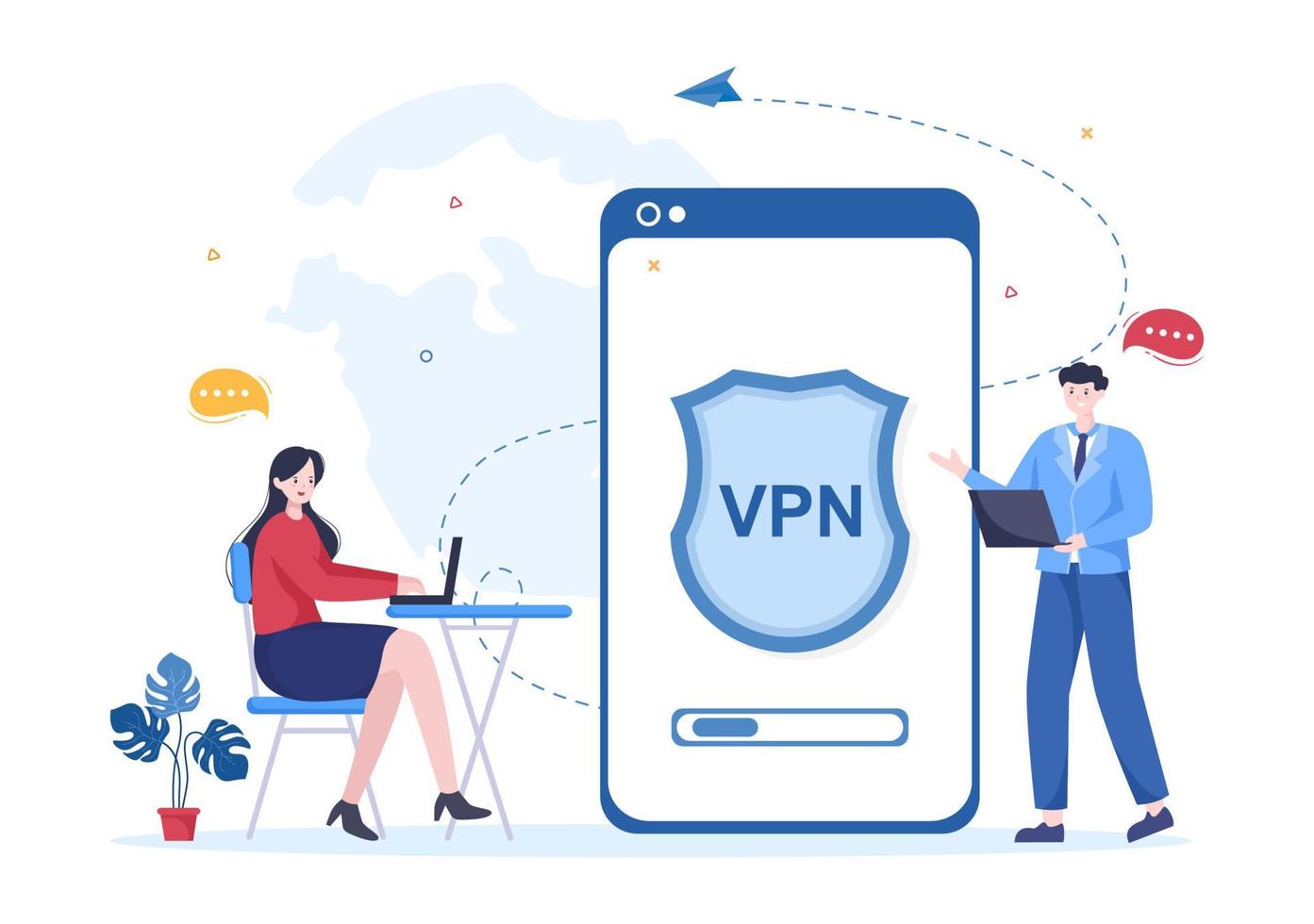In recent years, the need for a secure and private online experience has become increasingly important. With the rise in cyber threats and data breaches, using a Virtual Private Network (VPN) is one of the most effective ways to protect your online activities. However, not all VPN services are created equal. I have spent considerable time researching and testing different VPN options, and I want to share my insights on how to choose the most secure VPN service.
✅ Current deal: 🔥 Get NordVPN with up to 75% OFF! 🔥

Understanding VPN Security Features
Before diving into specific recommendations, it is essential to understand the key security features that a robust VPN should offer. When I evaluate a VPN, I focus on the following aspects:
-
Encryption Standards: The strength of a VPN’s encryption determines how secure your data remains while in transit. Look for services that use AES-256 encryption, as this is the gold standard for data confidentiality.
-
No-Log Policy: A reputable VPN provider should maintain a strict no-log policy. This means they do not track or store any of your online activities. I prefer services that have undergone third-party audits to verify their claims.
-
Kill Switch Feature: A kill switch automatically disconnects your internet connection if the VPN drops unexpectedly. This feature is crucial for ensuring that your real IP address is not exposed accidentally.
-
IPv6 and DNS Leak Protection: I have encountered VPNs that leak information due to misconfigured settings. Ensure that the service you choose includes IPv6 leak protection and has its own DNS servers to prevent leaks.
-
Multi-Factor Authentication (MFA): Adding an extra layer of security is always wise. I recommend choosing VPNs that support MFA, requiring a second form of verification before logging in.
Tips for Choosing the Most Secure VPN Service
When I choose a VPN service, I follow these tips to ensure I select a platform that offers maximum security and privacy:
-
Research the Provider’s Reputation: I always read user reviews and expert analysis to gauge the provider’s reputation. A strong track record and positive feedback are indicators of a trustworthy service.
-
Evaluate Jurisdiction: The country in which the VPN operates impacts its ability to comply with local laws about data retention and government surveillance. Opt for VPNs based in privacy-friendly jurisdictions.
-
Assess Protocol Options: I prefer VPN providers that offer a variety of protocols, such as OpenVPN, IKEv2/IPSec, and WireGuard. Each protocol has its strengths, and having options allows for better performance and security.
-
Look for Transparent Practices: Secure VPN services will be transparent about their security practices, pricing, and business models. Providers that welcome scrutiny typically prioritize user privacy.
-
Customer Support: If issues arise, I ensure that the VPN has reliable customer support accessible via various channels, including live chat and email. A responsive support team can make a significant difference in resolving problems quickly.
-
Consider Device Compatibility: I often use multiple devices, so I ensure that my chosen VPN client supports all the platforms I use. A good VPN will offer apps for various operating systems and devices.
Analyzing Pricing and Features
When I consider the cost of a VPN service, I recognize that the cheapest option is not always the best. Some factors to keep in mind while evaluating pricing include:
-
Value Over Cost: I recommend assessing the features offered in relation to the pricing. A VPN that may seem expensive could end up saving you money in avoided data breaches or identity theft.
-
No Free Trials: Be wary of free VPNs. Often, these services compromise on security or sell your data. I prefer to use services that offer a money-back guarantee instead of a free trial to ensure satisfaction.
-
Payment Methods: I appreciate VPN services that offer various payment options, including cryptocurrency. This adds an additional layer of privacy when subscribing.
Security Updates and Transparency
Staying secure is an ongoing process, and I believe an effective VPN must prioritize constant updates and transparency. Here’s what to check:
-
Regular Software Updates: I make it a point to choose VPNs that consistently update their software to patch vulnerabilities and improve security features. It’s a strong indication that the provider is committed to user safety.
-
Public Security Audits: I trust VPNs that voluntarily undergo independent security audits. This shows that they are serious about maintaining security standards and are willing to be held accountable.
-
Transparency Reports: Some reputable providers publish transparent reports regarding government requests for user data and how they respond. Such openness is an essential quality in a secure VPN service.
✅ Current deal: 🔥 Get NordVPN with up to 75% OFF! 🔥
Final Thoughts
Choosing a secure VPN service can be daunting with the myriad of options available. I urge you to take the time to evaluate your choices carefully. Consider security features, reliability, and provider reputation. I always keep my specific needs in mind, whether that be streaming, torrenting, or simply browsing safely. Remember that your online privacy is an increasing concern, and taking the time to choose the right VPN will pay off in excellent experiences and peace of mind.
When I evaluate a VPN for my own use, I focus on the unique combination of security, usability, and reputation. By following the tips outlined in this article, I believe you will find a VPN service that meets your specific needs while keeping your data secure and private.
Affiliate Disclosure: By clicking on our links, we may earn commissions at no additional cost to you.